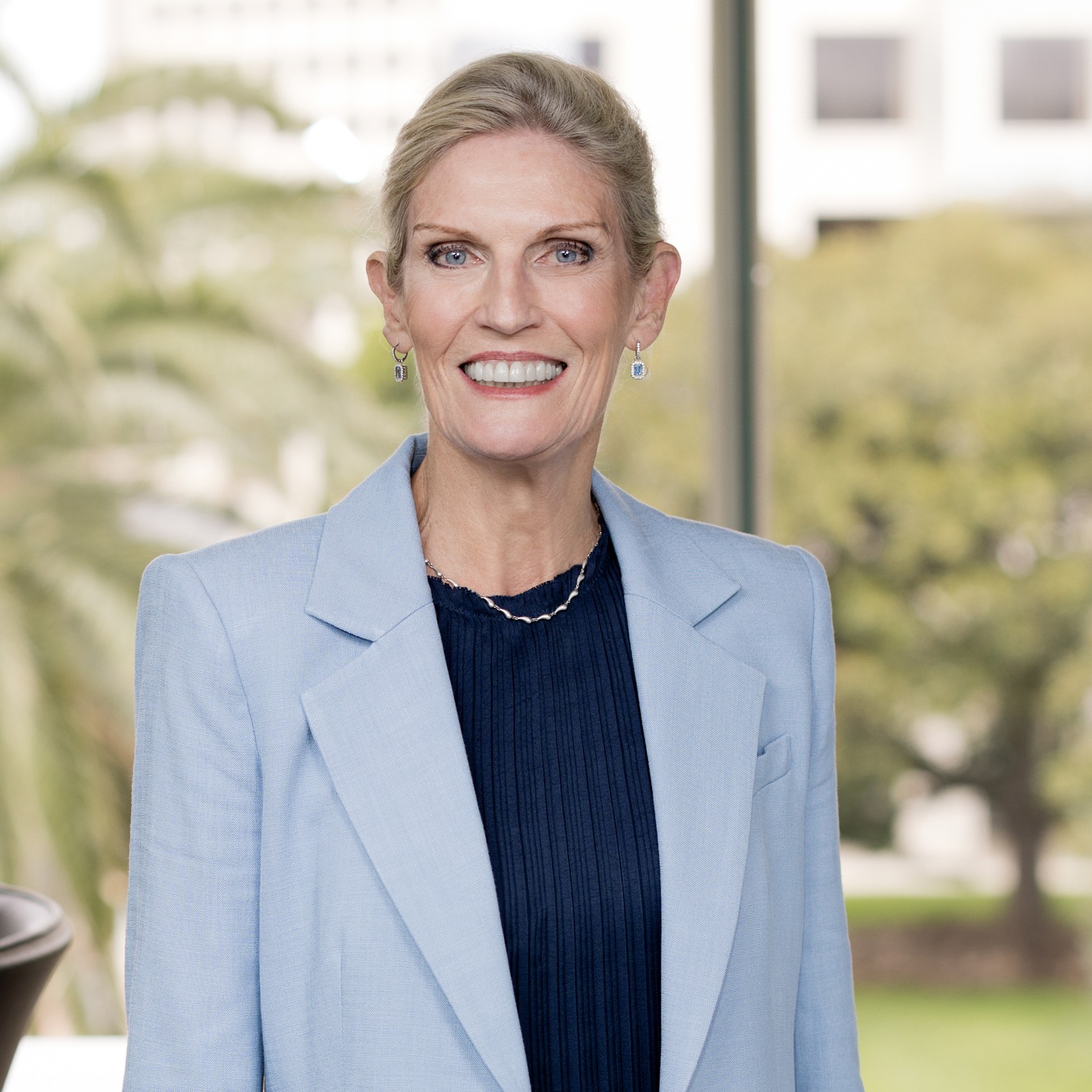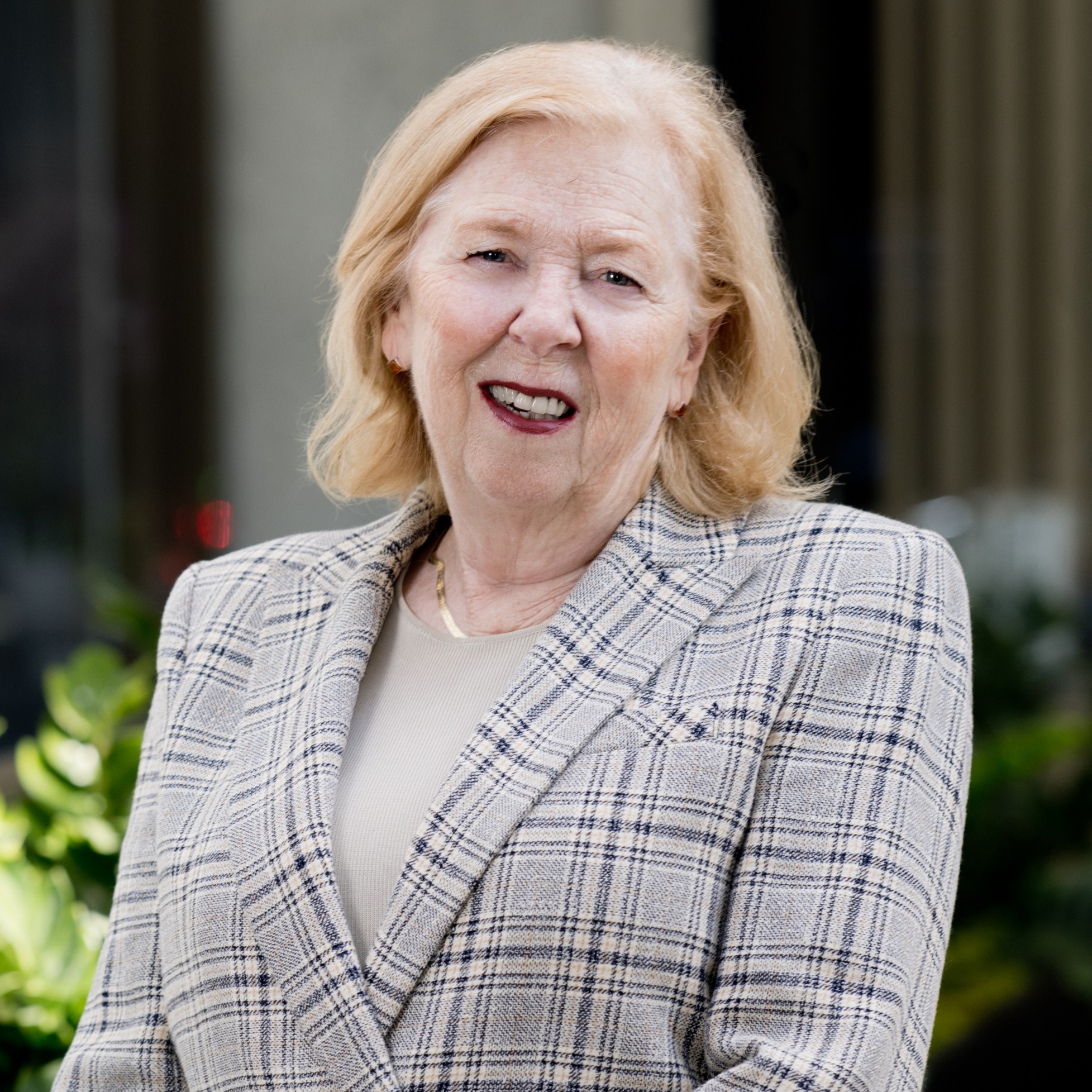
Defining
"complex mediation" can be as complex as the disputes themselves. As three
experienced JAMS neutrals explain, complex mediation
can mean many different things: multiple parties with overlapping roles, webs
of relationships and transactions, layers of insurance or funding that all need
to be untangled, or a combination of these factors.
JAMS
neutrals Adrienne Publicover, Hon. Glenda Sanders (Ret.) and Hon. Rebecca Westerfield (Ret.) discuss how they define and approach
complex mediations and provide tips to help attorneys succeed in the complex
mediation process.

Q: What
makes a mediation complex?
Publicover: Sometimes it's just magnitude
in terms of dollars involved. More often, it's multiple parties, such as a
plaintiff and an insurance carrier, plus an agent, plus a third-party carrier
for the agent. Complexity can come in figuring out who is responsible for paying
for different damages, as well as in the relationships and the dynamics--between
not just the parties but also their lawyers.
Sanders: Typically, in a complex
mediation, even before you reach the legal issues, you have
to unravel a complicated set of facts involving numerous parties both
individuals and entities with varying levels of liability. As my colleagues
point out in this article, however, a matter can be complex for multiple
reasons.

Westerfield: A mediation becomes complex for
many reasons: coverage issues wrapped into the underlying case, class actions,
allocation problems among multiple defendants or insurers, third-party funders,
history between attorneys or the parties, or parallel cases being litigated
simultaneously. Managing logistics, creating some structured approach,
exploring the interests of the parties, analyzing the core legal issues, asking
the right questions: doing all this across multiple lines constitutes a complex
mediation.
Q: What
are the most important steps for attorneys in preparing for a complex
mediation?
Publicover: I want to see a brief--and I
really do mean brief. Complex mediations usually come down to three to five key
issues. What I also find very helpful is a confidential pre-mediation call with
each party. That's where I get the nuanced picture: the goals, the obstacles,
what might stand in the way of settlement, as well as the settlement discussion
history. Those conversations help me start thinking about what a resolution
could look like. Additionally, attorneys should ask to interview the mediator
or seek recommendations from their colleagues to make sure the mediator is the
right fit in terms of subject-matter experience and temperament.
Sanders: A mediation brief is essential.
I ask the parties to provide me with their briefs at least a week before the
mediation. I always have pre-mediation conferences with the attorneys. The
information garnered at those conferences jumpstarts the mediation and
increases the likelihood of successfully mediating the matter on the day of the
mediation. After I have read the briefs, I generally ask the attorneys to share
them with one another even if in redacted form. It is also very important to
provide me with a damages analysis. I should not be using valuable time at the
mediation asking questions about how they have calculated their opening demand.
Timing of the mediation matters: Mediate early enough to avoid sunk costs, but
not before essential evidence is shared. Parties need to have exchanged enough
substantive information, especially key documents or valuation analyses, so the
other side can fairly assess the case before the mediation.
Westerfield: Submit a written brief and,
preferably, exchange it with the other parties. If there's something you're not
ready to reveal, send a separate confidential brief. Keep it simple: who is who
and what their title is, plus a timeline of the most important events. Sometimes,
briefs read as if the attorney is writing for their own client; however, they
are more constructive when they are tailored to persuade the other side. Be
prepared to answer basic questions about how you got to your damages
calculation, provide usable evidence and prepare your client for what to expect
regarding both the process and the realistic outcome of the case.
Q: What
tools or techniques work best when parties have reached an impasse in a complex
mediation?
Publicover: If the parties are very far apart,
I'll sometimes propose a mediator's range, commonly known as a "confidential
proposed mediator's bracket." Once I can say to each party that the other side
has agreed to the range, everything changes. It allows them to trust the
process and move in the direction we need.
Sanders: I encourage parties to start
with a realistic number. An opening number that seeks compensation in an amount
a party could only obtain if he achieved a complete victory on every claim at
trial is destined to slow down the progress of the mediation. It causes the
other side to respond with a correspondingly unrealistic low number. Start with a realistic number and move
meaningfully. My job is to gauge where they truly want to/should land and, when
I have a sense of that, I often make a "double blind" mediator's proposal. Mediators'
proposals seem to work especially when the parties are far apart and neither
side will make a significant move. No one loses face if the other side rejects it, or becomes tethered to a "anchor" number because neither
side knows who rejected or accepted the proposal unless both accept it.
Westerfield: I watch out for negotiating
tactics disguised as an impasse so I can focus on the genuine stalemates. . Then, I return to where positions hardened and analyze
the impasse on three levels. First is to identify if there are nonquantifiable
interests like vengeance, accountability or board approval at play. Second is
to look at the numbers: Are we really just apart on
money, or is it stock, land, interest or time that can be reexamined? Third is to
review the real factual or legal disputes. If I can help them reassess, we can
move forward.
Q: What
do you wish more lawyers understood about their role in mediation?
Publicover: Surprises are great for
holidays and birthdays, not litigation. Have your clients well prepared. If everyone
comes in with realistic expectations and a settlement range, then there's something for us to work
with. I'm a mediator, not a magician.
Sanders: In complex litigation, we're
often dealing with bet-the-company/product cases where the financial stakes are
very high. I think lawyers generally understand that the advantages of
mediation are magnified in complex litigation because the risk of losing is
particularly significant.
Westerfield: Identify settlement obstacles
and work with the mediator on the best approach to achieve a resolution that
will satisfy your client. Just because you experienced a mediator a certain way
in one mediation doesn't mean that's the way they always are. A good mediator will
adapt to what the situation needs. Look for a mediator who is nimble and astute,
with a variety of approaches to mediation.
Adrienne
Publicover, Esq., is
a mediator and arbitrator at JAMS, handling matters
involving insurance,
ERISA, employment, health care, personal injury, business/commercial, and
related disputes. With 25 years of litigation experience, she is known for a
solution-driven, rapport-building style and a knack for navigating sensitive
matters with empathy and clarity. Adrienne has mediated nationwide insurance,
health care and ERISA claims and has served as a Title IX external adjudicator
for colleges.
Hon.
Glenda Sanders (Ret.), is an arbitrator, mediator, special
master/referee and neutral evaluator at JAMS, following a 42-year legal career
that includes 20 years as a judge on the Orange County Superior Court. On the
bench, she was a member of the Civil Complex Panel presiding over complex,
multi-party business disputes, class actions, environmental and construction
defect cases, insurance real estate matters, environmental, health care and
intellectual property disputes.
Hon.
Rebecca Westerfield (Ret.), is
a mediator and arbitrator at JAMS, with a distinguished track record of
settling and arbitrating complex domestic and cross-border
disputes.
A JAMS
panelist since 1992, she is known as a determined mediator who handles
multiparty, multi-issue matters--often involving insurance coverage, business
dissolutions, catastrophic personal injury, and emotionally charged family
estate disputes.
For reprint rights or to order a copy of your photo:
Email
Jeremy_Ellis@dailyjournal.com
for prices.
Direct dial: 213-229-5424
Send a letter to the editor:
Email: letters@dailyjournal.com








